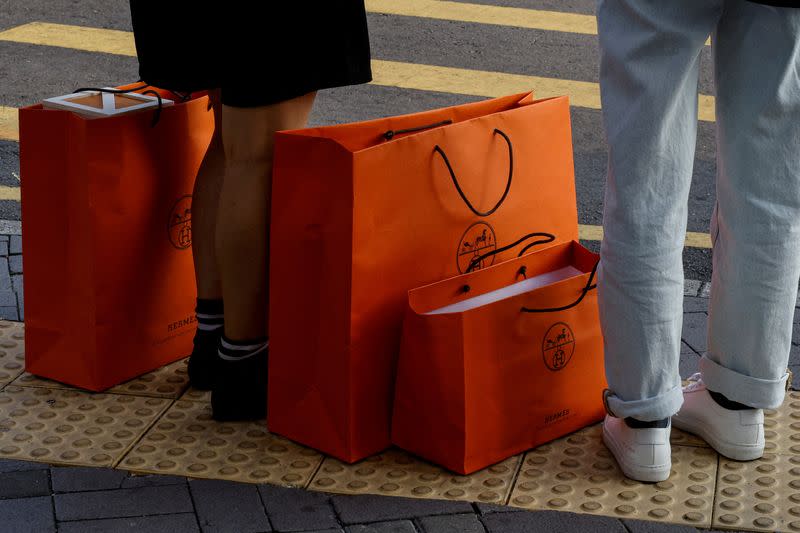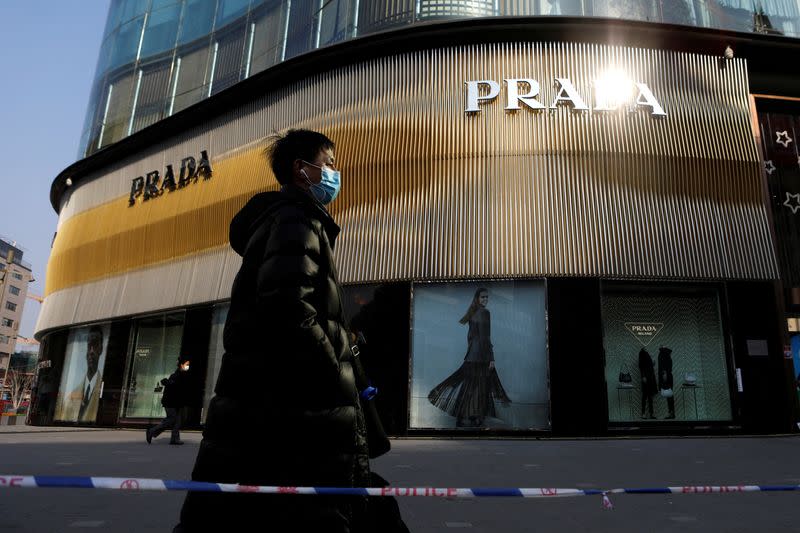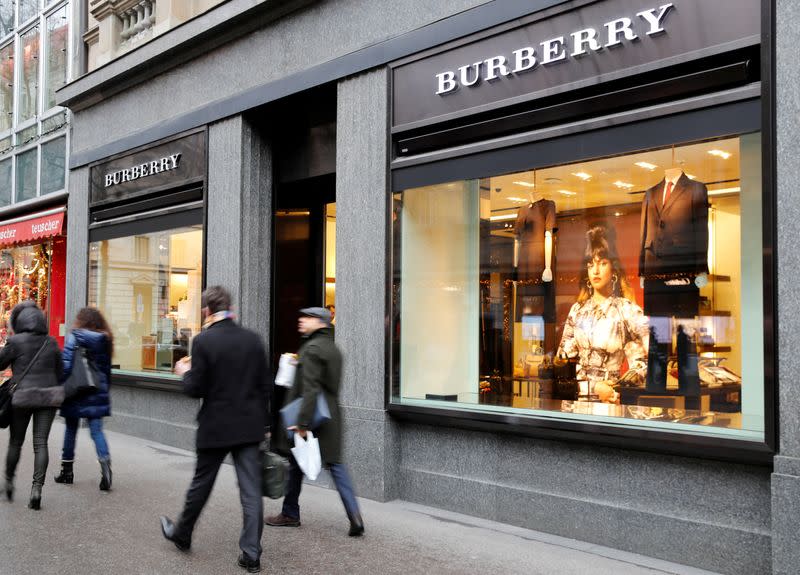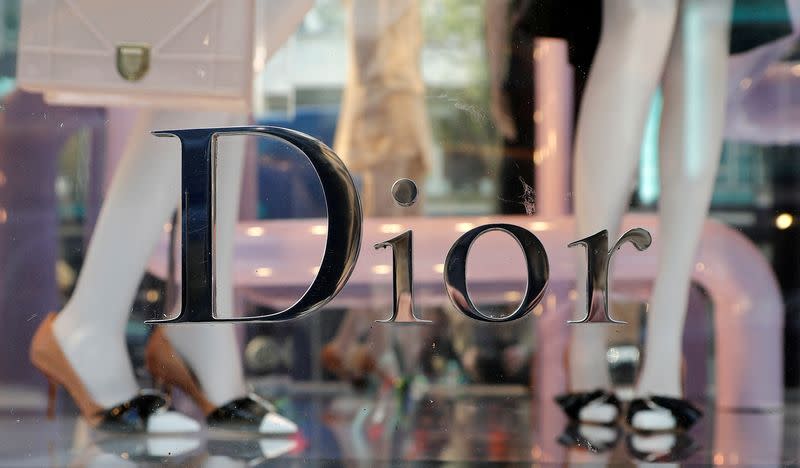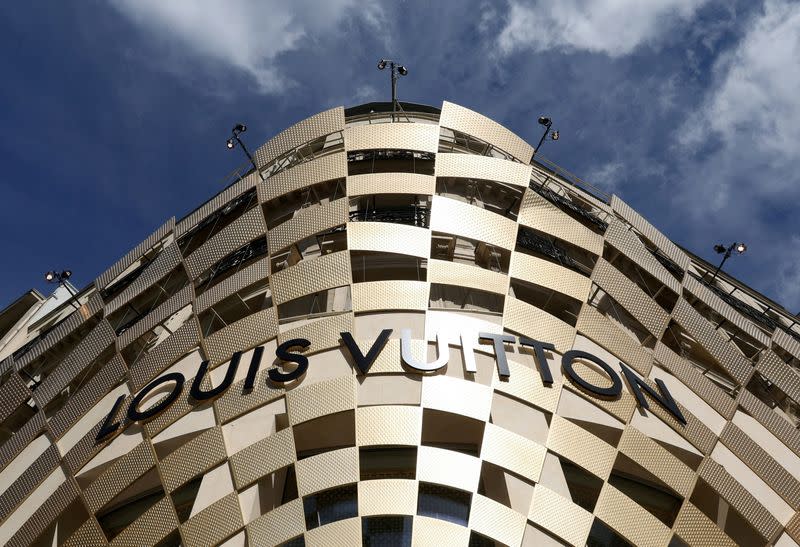In This Article:
By Mimosa Spencer
PARIS (Reuters) - The prolonged downturn in luxury spending in China is unlikely to reverse this year, analysts and executives warn, deepening a rout which has wiped almost $200 billion off the sector's value in recent months.
Profit warnings from Burberry and Hugo Boss and a 27% drop in quarterly sales in China, Macau and Hong Kong from Richemont this week have reinforced concerns about weakness in China, where middle-class shoppers have cut spending on big-ticket items.
According to consultancy Bain, China accounted for 16% of 362 billion euros ($393.8 billion) of global luxury spending last year.
But data on Monday showed the world's No. 2 economy grew much more slowly than expected in the last quarter as a protracted property slump and job insecurity hampered a fragile recovery.
Expectations for the second-quarter earnings season were already low in the luxury sector, but the slew of bleak reports have dashed hopes of a recovery in the second half.
"China is in the repair shop," said Bernstein analysts after a recent visit to the country. Analysts said that Cartier owner Richemont's quarterly sales report on Tuesday had confirmed their fears about lacklustre demand in mainland China.
According to Bain, which in June predicted this year would be the weakest for the global luxury market since the height of the pandemic, China's richest people are avoiding flaunting their wealth in favour of more discreet fashion.
Jitters about China have spooked investors, which has wiped 180 billion euros off the sector since March, according to Reuters' calculations based on LSEG data.
A big portion of that - about 85 billion euros - was from LVMH, which was overtaken by ASML in June as Europe's second most valuable listed company.
Analysts at JPMorgan said signs of improving business are needed to support expectations for the second half of the year.
Flavio Cereda, co-manager of GAM's luxury brands investment strategy, said he was still awaiting any sign of a pickup in discretionary spending.
"We're not seeing it," he said. The fund owns luxury stocks including Ferrari, Hermes, Richemont, LVMH and Prada.
Sector bellwether LVMH, owner of Louis Vuitton, Dior and Tiffany & Co, will report results on July 23, followed by Kering on July 24 and Hermes on July 25.
According to Visible Alpha consensus estimates, organic second-quarter sales growth at LVMH is expected to be unchanged from the previous quarter and up 3% year-on-year, while Kering, which is revamping its key label Gucci, is seen posting a 9% drop in second-quarter sales.

